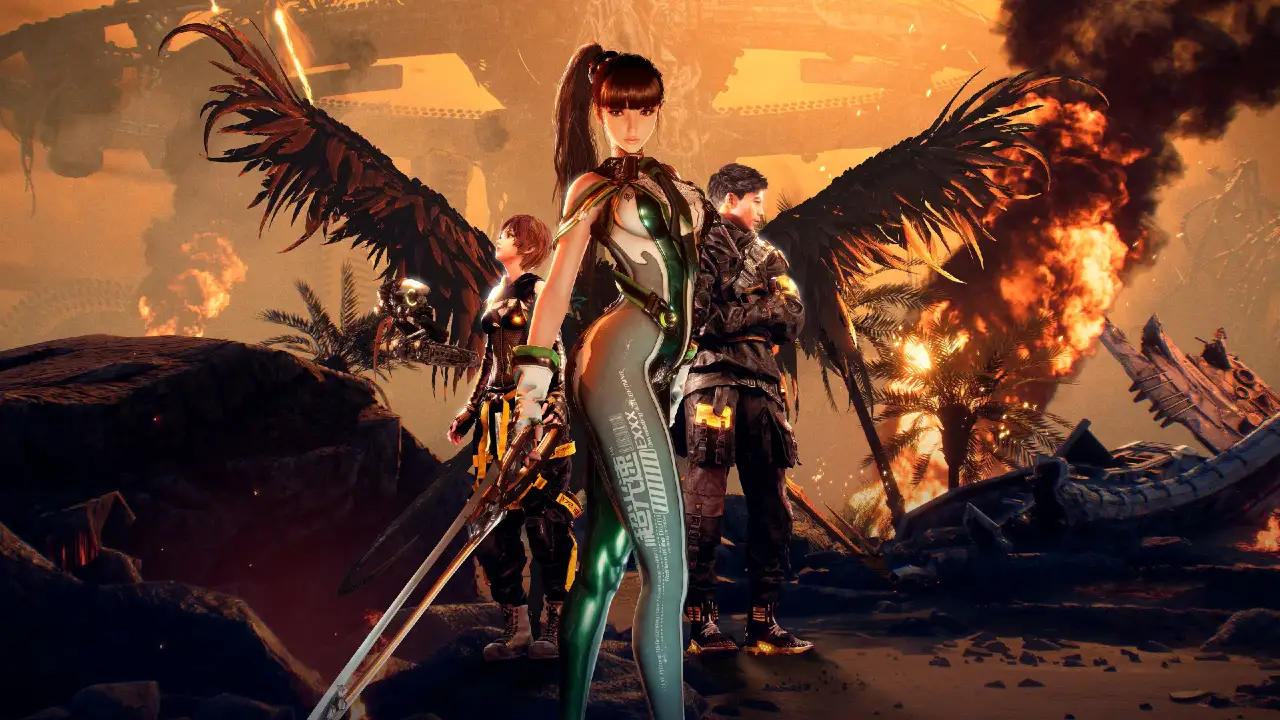Shift Up’s breakout title, Stellar Blade, has propelled the former mobile-focused studio into the console gaming spotlight. With a follow-up project already greenlit and ongoing support for its mobile franchises, the developer appears poised for sustained growth. However, rising unease among stakeholders threatens to overshadow this momentum.
Per an analysis from South Korean outlet Global Economic (highlighted by Automaton), shareholders express alarm over Tencent’s expanding influence. CEO Hyung-Tae Kim retains a 39% stake, while the Chinese conglomerate holds 34.58%—a margin slim enough to fuel speculation about potential power shifts. Tencent’s role as Shift Up’s mobile publishing partner amplifies these apprehensions.
Financial analysts note that Tencent could theoretically consolidate control by acquiring additional shares, potentially sidelining current leadership. This scenario mirrors Tencent’s prior strategies: the tech giant has gradually absorbed studios like Riot Games after incremental investments, alongside securing stakes in Ubisoft, Epic Games, and FromSoftware’s parent firm Kadokawa.
Though no immediate takeover looms, Tencent’s dual position as stakeholder and distribution ally creates inherent vulnerabilities. Shift Up’s reliance on Tencent for mobile revenue streams—coupled with the narrow ownership gap—suggests the studio may eventually join Tencent’s expansive network of acquired developers. The outcome hinges on whether Shift Up can maintain its creative autonomy while navigating these corporate currents.

